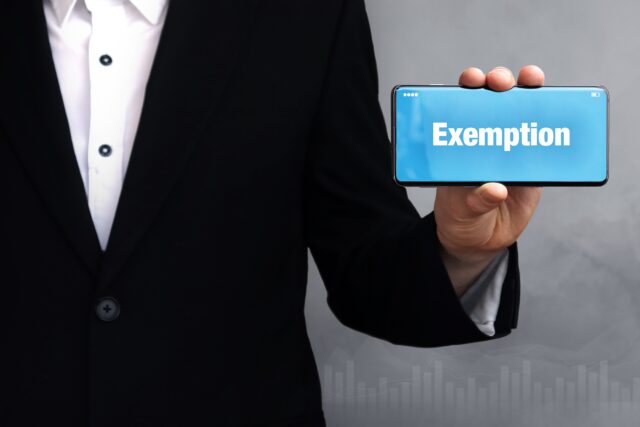Tax debt is something that millions of Americans struggle with. In fact, one study even suggests that one in five Americans with tax debt is “extremely” stressed about it. If you are someone who has accumulated significant tax debt, you may feel overwhelmed and unsure of where to turn or what to do next. Fortunately, if you’re reading this, you’re in the right place. The seasoned South Dakota bankruptcy lawyers here at 605 Bankruptcy have extensive experience helping clients clear certain types of tax debt via bankruptcy, and we stand ready to put that experience to work for you. Contact us today for a free initial consultation.
What Types Of Taxes Can Be Discharged In Bankruptcy?
When filing for bankruptcy, certain types of tax debts may be eligible for discharge, while others are not.
Taxes That Can Be Discharged
- Income Taxes: Federal or state income taxes can often be discharged if specific criteria are met:
- The tax debt is at least three years old.
- The tax return was filed at least two years before filing for bankruptcy.
- The tax assessment occurred at least 240 days before the bankruptcy filing.
- There is no evidence of fraud or willful tax evasion.
- Penalties and Interest: Penalties associated with dischargeable tax debts may also be wiped out.
Taxes That Cannot Be Discharged
The following taxes cannot be discharged through bankruptcy:
- Payroll Taxes: Taxes withheld from employees’ wages or those owed by employers cannot be discharged.
- Trust Fund Taxes: This includes funds withheld from employees, such as Social Security and Medicare taxes.
- Recent Income Taxes: Taxes that don’t meet the three-year, two-year, or 240-day rules remain non-dischargeable.
- Fraudulent Taxes: Taxes resulting from fraudulent returns or evasion efforts are excluded.
- Property Taxes: Property taxes are only dischargeable if they were due more than one year before filing for bankruptcy.
Does Bankruptcy Stop IRS Collection Efforts?
Yes, filing for bankruptcy immediately stops IRS collection efforts through a provision known as
the automatic stay. Here’s what happens:
- Immediate Halt to Actions: The automatic stay prevents the IRS from pursuing wage garnishments, bank levies, property seizures, and collection calls.
- Suspension of Audits: Ongoing audits or examinations are typically paused during the bankruptcy process.
- Temporary Relief: While the automatic stay offers significant relief, certain exceptions exist. For example, the IRS may still offset tax refunds to cover debts.
It’s important to note that the automatic stay is not permanent. Once your bankruptcy case concludes, the IRS may resume efforts for non-dischargeable tax debts unless arrangements, such as a payment plan, are made.
What is the Process of Discharging Tax Debt Through Bankruptcy?
Discharging tax debt through bankruptcy involves a series of steps. Here’s how the process typically unfolds:
- Consultation and Evaluation: Meet with a qualified bankruptcy attorney to evaluate your financial situation and determine if your tax debt is eligible for discharge.
- Gather Documentation: Collect all relevant financial documents, including tax returns, IRS assessments, and notices of collection efforts.
- Determine Bankruptcy Chapter: Decide whether Chapter 7 or Chapter 13 bankruptcy is most appropriate:
- Chapter 7: For liquidation and discharge of qualifying debts.
- Chapter 13: For creating a repayment plan for non-dischargeable debts while potentially discharging older tax debts.
- File for Bankruptcy: Submit a bankruptcy petition with the court, triggering the automatic stay.
- Attend a Meeting of Creditors: Participate in the required 341 meeting, where creditors can ask questions about your financial situation.
- Tax Debt Evaluation: The bankruptcy trustee and the IRS will review your case to confirm which tax debts meet discharge eligibility criteria.
- Resolution and Discharge: If approved, eligible tax debts will be discharged, while non-dischargeable debts may require additional arrangements, such as a payment plan under Chapter 13.
Contact Our SD Tax Debt Lawyers
Nothing is more important to us than helping our clients attain the peace of mind they deserve. If you need a team of seasoned South Dakota tax debt lawyers in your corner, look no further than 605 Bankruptcy. Our consultations are free, so you have nothing to lose and everything to gain by simply reaching out to our firm. Contact us today so we can get started working on your case.

